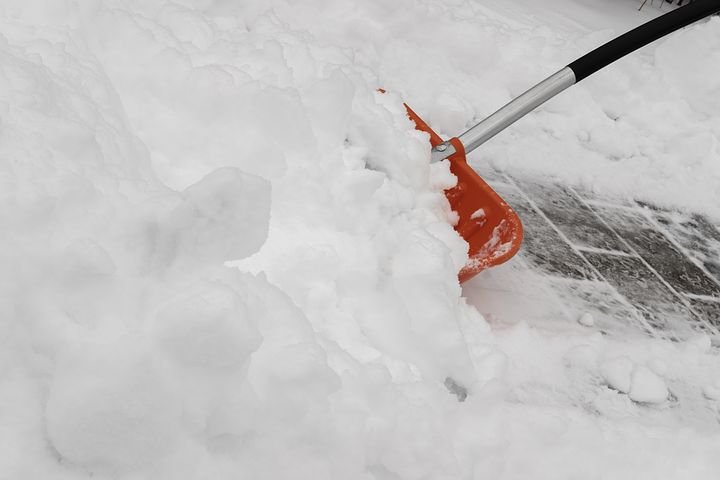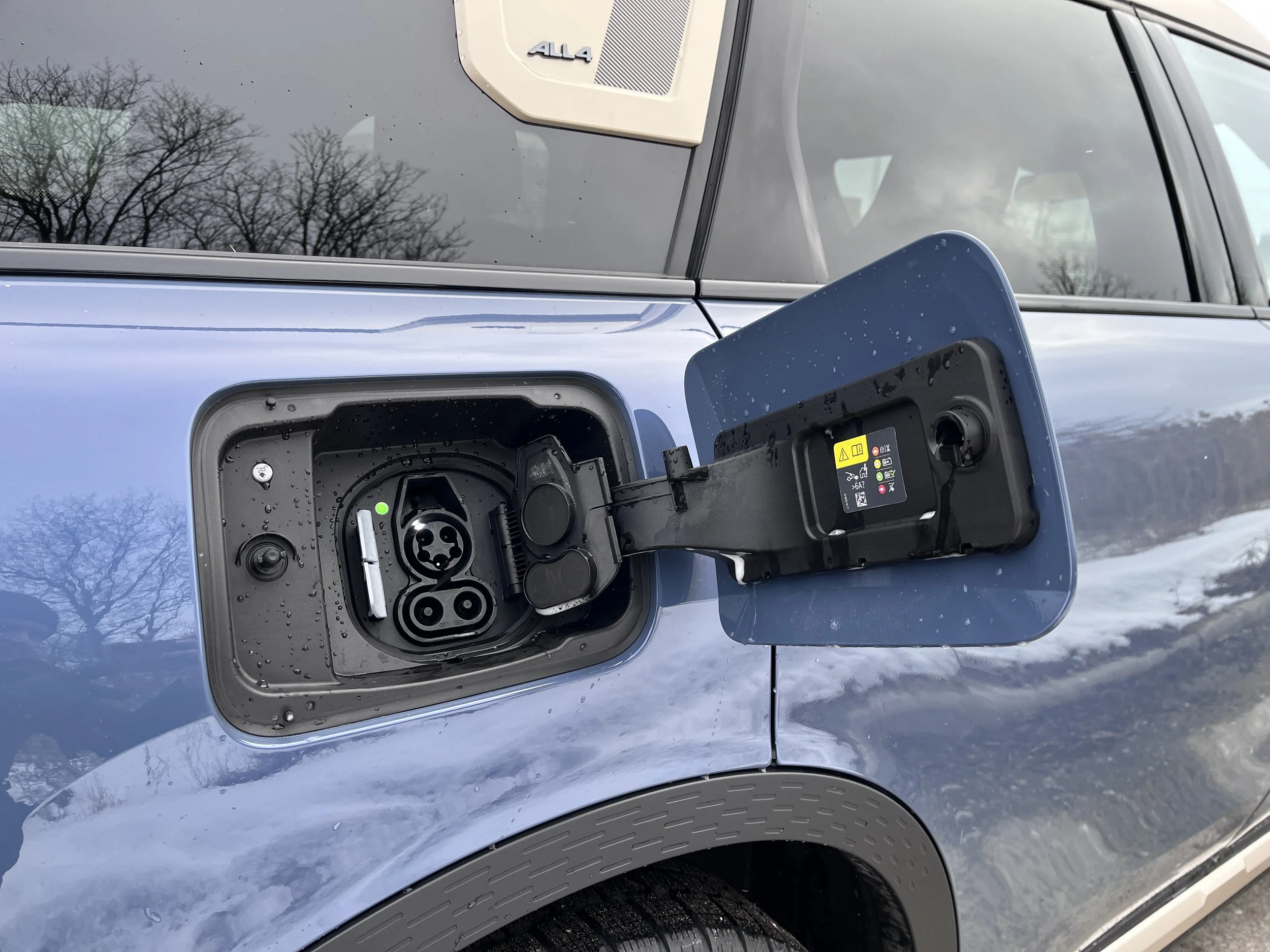Reduce short term damages from excessive salt use while staying safe this winter
/It’s that time of year when we apply salt to make winter driving and walking easier; however too much salt doesn’t make it any safer. Using salt on roads, sidewalks, parking lots, and driveways has a big impact when snow and ice melt. It can damage infrastructure, wildlife, and personal belongings. This includes cracks and salt stains on concrete surfaces, such as buildings, sidewalks, driveways, and pathways. A lot of salt use can also damage floors and carpets and your personal items such as the undercoating of cars, shoes, and clothing. Apart from stationary objects, your pets and other wildlife can also suffer from oversalting. It can harm pets’ paws when going out for walks and it can even be mistaken for food for pets and birds, resulting in a choking hazard.
What the Region is doing
Since 2005, the Region of Peel Road Operations has been using a salt management plan to better control and manage the amount of salt applied to roadways, despite an increase in the total amount of road kilometres it services. The Region and its local municipal partners (Mississauga, Brampton, and Caledon) are working together to use salt more wisely at Regional and Municipal facility parking lots and on walkways.
The Region is also offering online tools and resources for the public to be more engaged in the consequences regarding oversalting. This includes a tool kit that highlights a number of resources to combat excessive salt use while still maintaining safety in the winter months: https://www.peelregion.ca/lesssalty
What you can do
You can apply the same tools at your home as our facility managers use. Here are some suggestions:
Clear snow as soon as possible; only use salt once snow is removed in areas needed for safety; only salt in temperatures above -10 C.
Don’t use salt to melt snow – it’s not effective and you’ll get patches of snow and slippery conditions.
Clean and/or repair eavestrough, storm drains and downspouts prior to the winter season to prevent ice buildup in these areas. Direct your downspouts onto grass/gardens.
Spread out salt evenly as opposed to oversalting one main area.
Consider sweeping up excessive/spilled salt for future use if needed (salt doesn’t expire).
Don’t wear indoor shoes outside. Wear proper outdoor footwear with proper traction.
If you hire a contractor to provide winter maintenance, ask them if they are SAS (Smart About Salt) certified or how they manage salt use.
Remember, salt doesn’t need to be seen to be working. This winter, try and be a little #LessSalty












